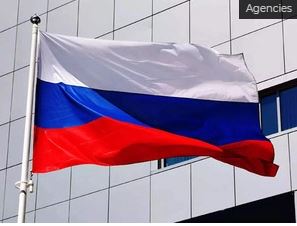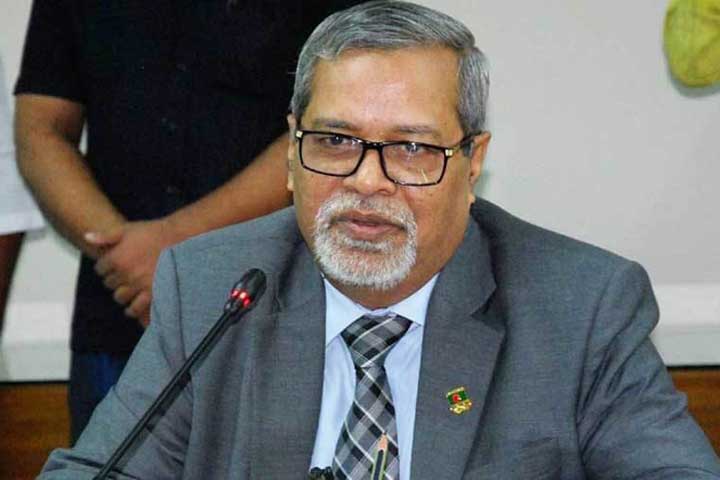Limited effect of Western sanctions on the Russian economy
The world economy is caught in an inflationary spiral. But Russia should be less affected by the international sanctions than what was expected, underlined the IMF this week. In addition, European countries, on the other hand, are suffering more from the sanctions than expected.
Russia's gross domestic product (GDP) growth is expected to contract by 6.0% in 2022, the International Monetary Fund predicts, much less than the 8.5% plunge it had forecast in its previous assessment published in the month of April, according to a report published in the French newspaper The Le Point on Wednesday.
“The Russian economy should have contracted less than expected in the second quarter, exports of crude oil and non-energy products holding up better than expected”, details the IMF. “In addition, domestic demand is also showing some resilience thanks to the containment of the effect of sanctions on the domestic financial sector and a weaker than expected labour market weakening,” the Fund added.
Since the start of the Russian invasion of Ukraine on February 24, Western countries have taken a salvo of sanctions against Russia intended to strangle it financially and economically. Their effects should be felt more than expected in 2023, the year for which the IMF anticipates a recession in the Russian economy of 3.5%, or 1.2 points less than its previous forecasts, according to Le Point.
On the other hand, “the effects of the war on the main European economies have been more negative than expected”, specifies the IMF. Economic growth forecasts for 2022 have indeed been lowered for Germany (-0.9 points to 1.2%), France (-0.6 points to 2.3%) and Spain (- 0.8 points at 4.0%).
These stronger consequences in the EU countries are due to “rising energy prices as well as declining consumer confidence and slowing manufacturing activity resulting from continued supply chain disruptions and rising costs of raw materials”, details the IMF. And a complete cessation of Russian gas exports would “significantly” reduce growth in the euro zone in 2022 and 2023. This would, in effect, force European countries to implement energy rationing measures, which would badly affect major industrial sectors, according to Le Point.
Source: The Economic Times
04 Aug 2022,20:43
















 Live Tv
Live Tv


